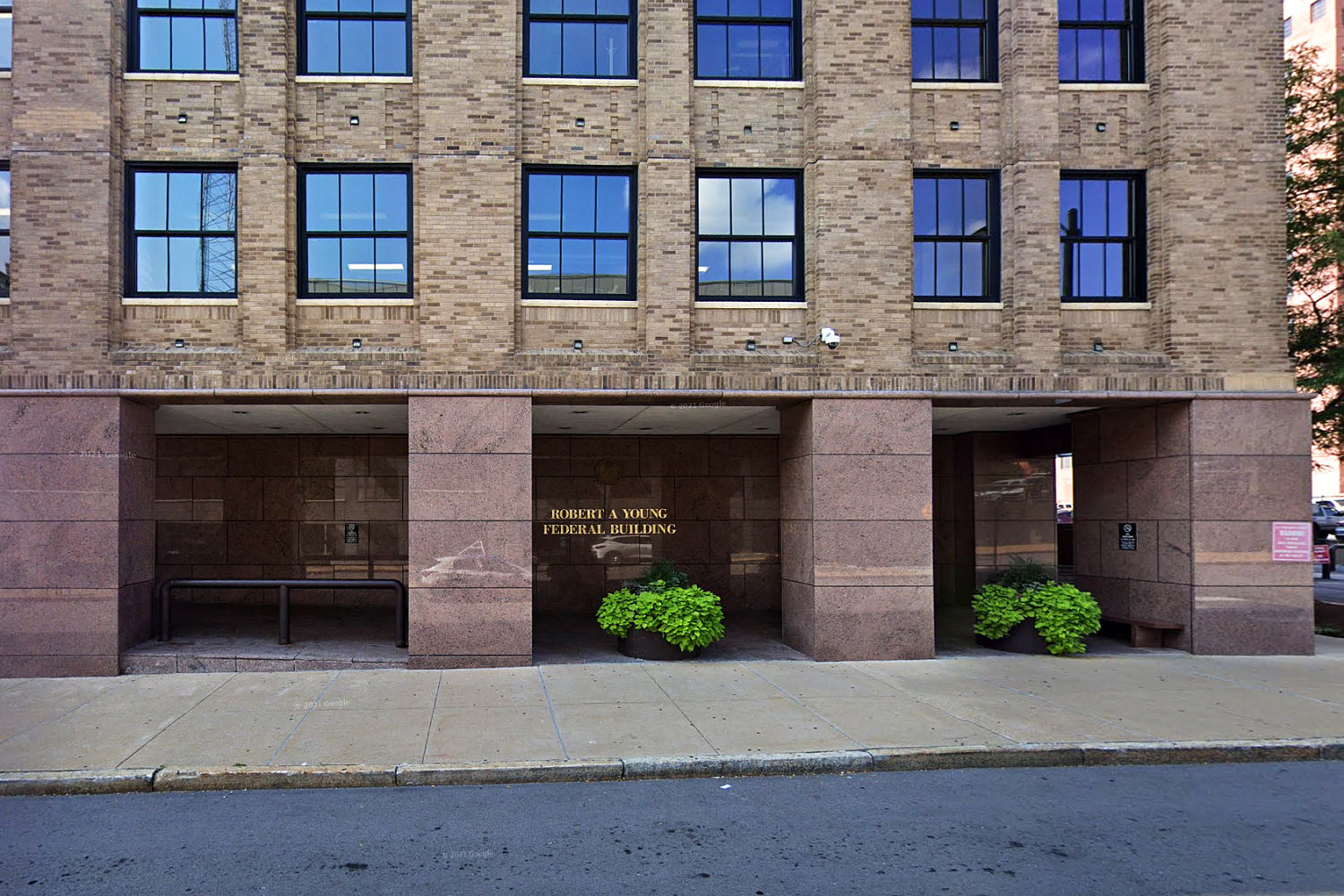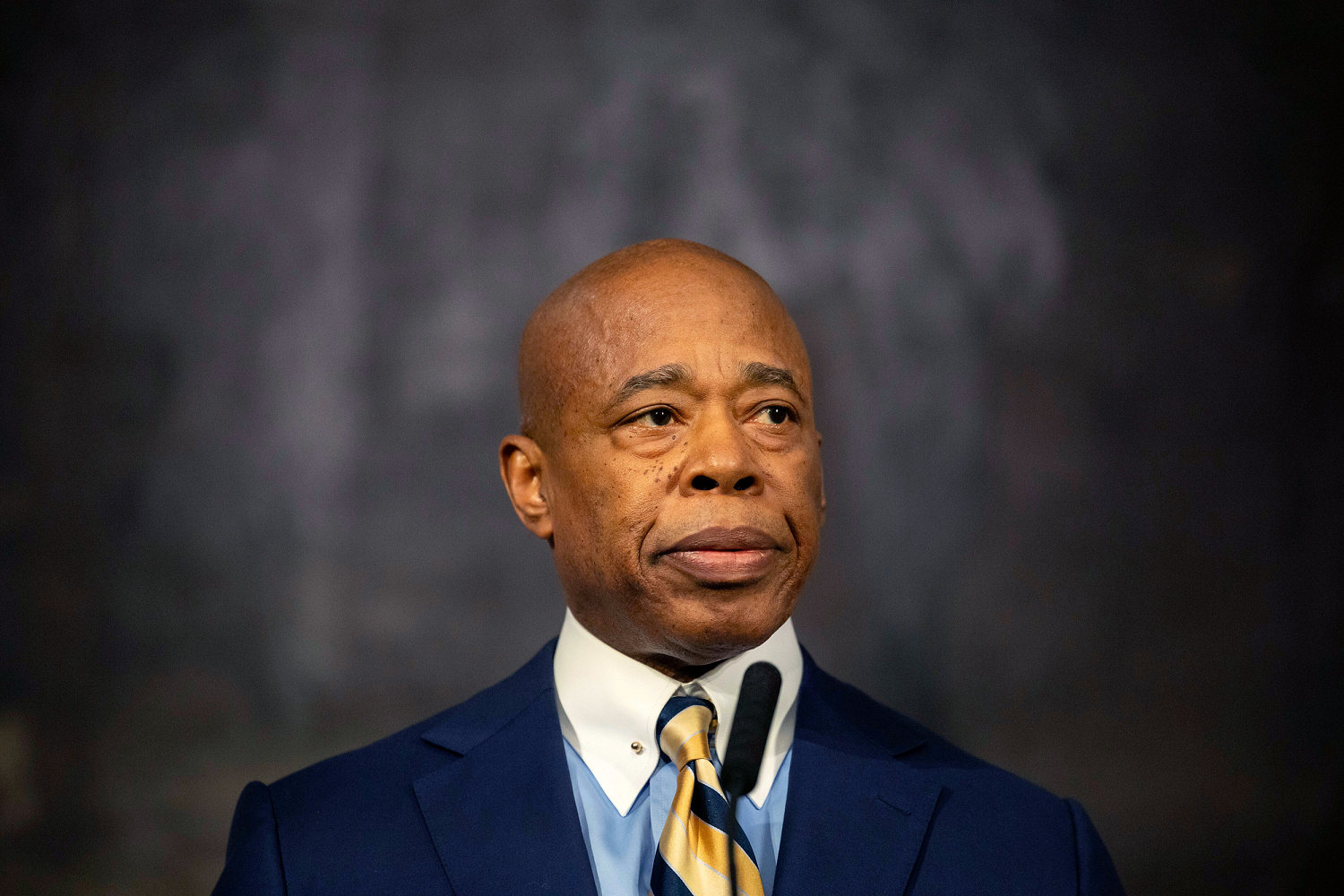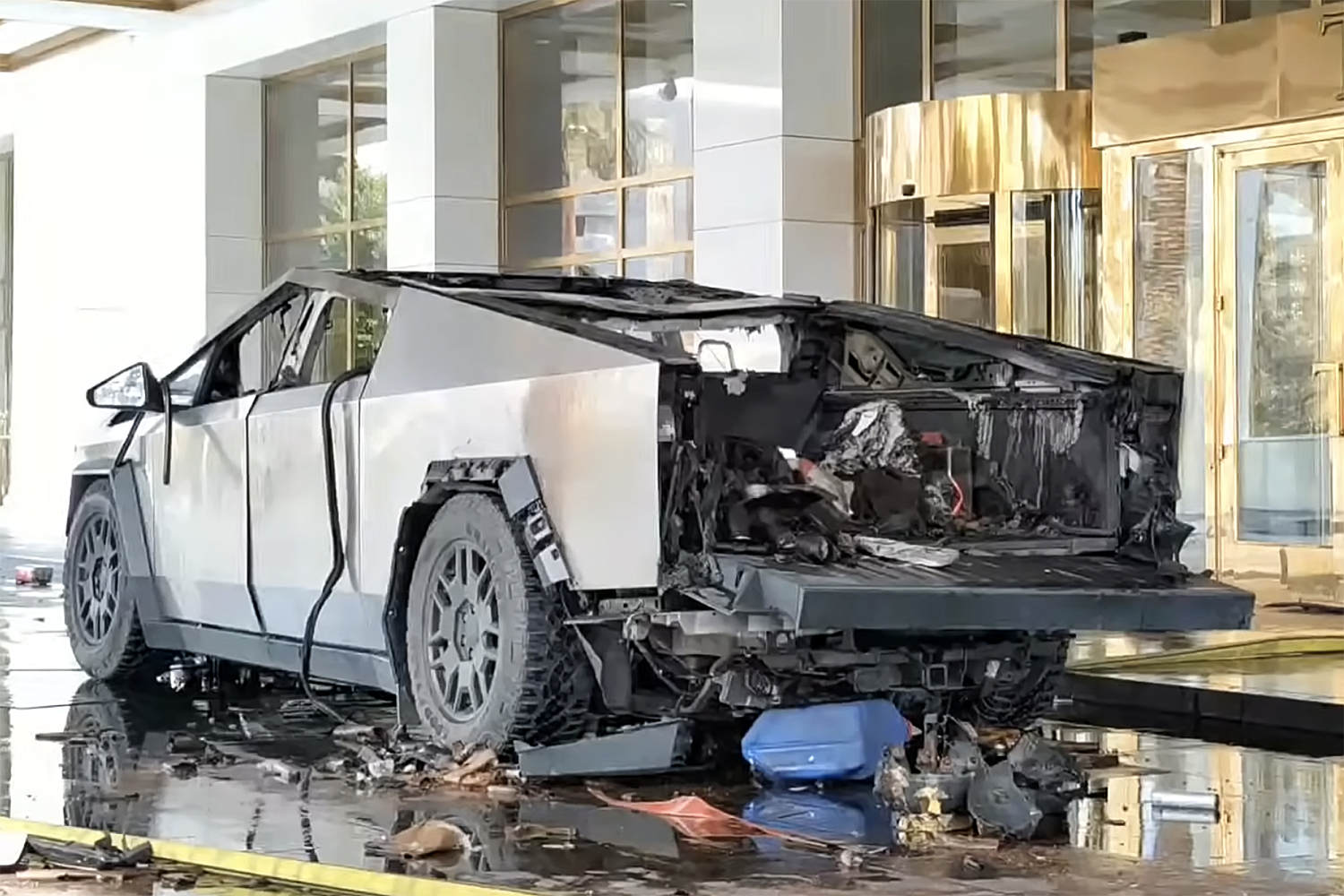Missouri resident Madhav Rao Pasumarti holds an H-1B visa working in IT managing product processes. Over the last couple weeks, he’s watched as he and others who share his visa status have been called “invaders” and “cheap labor.”
He said it’s hurtful and baffling, and he pointed out that visa holders like him are people who want to contribute and have much at stake.
As the issue continues to be the subject of debate, people like Pasumarti, 49, who hold an H-1B, a temporary visa for high-skilled workers, say they’re unsure of what will happen to them.
“It is confusing, actually, to be frank with you,” Pasumarti said, pointing out the whiplash between other recent messaging that focuses on embracing immigrants with specialty skills.
A fiery debate between different factions of MAGA loyalists ignited on social media in the days following Christmas after some of President-elect Donald Trump’s advisers came out in support of legal, high-skill immigration. It started after Trump named venture capitalist Sriram Krishnan to an artificial intelligence advisory role. An explosion of racism and xenophobia against Krishnan followed, with some on the far right criticizing him for past statements in support of green cards for skilled workers.
Amid the feud, Trump said he supported H-1B visas. In the past, he’s made comments about the program, saying, “We shouldn’t have it. Very, very bad for workers.”
Vivek Ramaswamy and Elon Musk, whom Trump has tapped to lead a new “Department of Government Efficiency,” also weighed in, with Ramaswamy saying, “Our American culture has venerated mediocrity over excellence for way too long,” in a post on X about the influx of tech workers from abroad.
Musk added in his own post that “the number of people who are super talented engineers AND super motivated in the USA is far too low.”
A number of prominent names spoke out about these comments, including far-right activists Laura Loomer and Steve Bannon. Former South Carolina Gov. Nikki Haley also said the tech industry was being “lazy” and needed to “invest in our American workforce.”
A segment of social media called for the end of the H-1B visa program, making racist posts about Indians “invading” the U.S. Indians make up around 75% of all H-1B petitioners, outpacing the next highest group, Chinese workers, who make up less than 12%.
Trump’s transition team did not respond to NBC News’ request for comment.
“People on H-1B visas have always had a sense of concern over their status,” said Pawan Dhingra, a professor of American studies at Amherst College. “The precarity of their jobs is kind of embedded in the visa itself. I think it’s more intense now.”
Other politicians, such as Sen. Bernie Sanders, I-Vt., also weighed in, saying Musk is wrong and agreeing the H-1B program needs reform.
“The main function of the H-1B visa program is not to hire ‘the best and the brightest,’ but rather to replace good-paying American jobs with low-wage indentured servants from abroad,” he wrote. “The cheaper the labor they hire, the more money the billionaires make.”
The H-1B visa mandates applicants work in jobs that require a bachelor’s degree, but there are a number of jobs employers make visa requests for that only require an associate degree, such as working in operations.
Pasumarti said the overall characterization is insulting.
“That is really painful,” he said. “Those words are really kind of concerning, actually.”
According to immigration experts, the federal government can’t change visa caps; it can make the process slower and more difficult, which Trump attempted to do in his first term.
“They do have the power to heavily audit firms and make life very difficult for companies that are hiring H-1B workers,” said Gaurav Khanna, an associate professor of economics and an immigration scholar at the University of California, San Diego. “The tech sector is heavily reliant on H-1B workers. If you cut off that supply, the tech sector is going to be unhappy.”
Witnessing the two warring factions of Trump’s movement, workers like Pasumarti say there’s much at stake. He said he is worried about his daughter, who has a disability and isn’t able to go to college or travel. She will soon turn 21 and won’t be eligible for a green card under Pasumarti’s petition.
He pointed out that she can’t get a student visa or a subsequent H-1B. “I’m going through a different pain to protect my child’s status over here,” he said. “She needs me. She can’t even travel outside the States.”
Though it remains to be seen how much oxygen this issue gets, Dhingra said, many on the right might already feel more emboldened in their anti-Indian views.
“They’re going to be able to more freely voice these sentiments that make the Indian Americans the outsider, the enemy,” he said.
.png)
 1 day ago
13
1 day ago
13


































 Bengali (BD) ·
Bengali (BD) ·  English (US) ·
English (US) ·